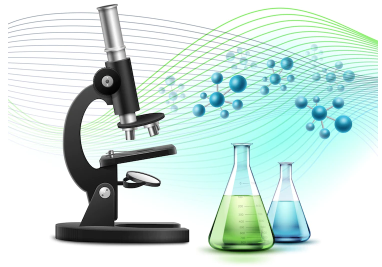Pathology
WHAT IS PATHOLOGY?
Pathologist Pathology (from the Greek roots of pathos (πάθος), meaning "experience" or "suffering", and -logia (-λογία), "study of") is a significant component of the causal study of disease and a major field in modern medicine and diagnosis.
The term pathology itself may be used broadly to refer to the study of disease in general, incorporating a wide range of bioscience research fields and medical practices (including plant pathology and veterinary pathology), or more narrowly to describe work within the contemporary medical field of "general pathology," which includes a number of distinct but inter-related medical specialties that diagnose disease—mostly through analysis of tissue, cell, and body fluid samples.
Used as a count noun, "a pathology" (plural, "pathologies") can also refer to the predicted or actual progression of particular diseases (as in the statement "the many different forms of cancer have diverse pathologies"), and the affix path is sometimes used to indicate a state of disease in cases of both physical ailment (as in cardiomyopathy) and psychological conditions (such as psychopathy).[1] Similarly, a pathological condition is one caused by disease, rather than occurring physiologically. A physician practicing pathology is called a pathologist.

WHAT ARE THE PREPARATIONS OF PATHOLOGY?
There are many reasons to examine human cells and tissues under the microscope. Medical and biological research is under-pinned by knowledge of the normal structure and function of cells and tissues and the organs and structures that they make up. In the normal healthy state the cells and other tissue elements are arranged in regular recognizable patterns.
Changes induced by a wide range of chemical and physical influences are reflected by alterations in structure at a microscopic level and many diseases are characterized by typical structural and chemical abnormalities that differ from the normal state. Identifying these changes and linking them to particular diseases is the basis of histopathology and cytopathology, important specializations of modern medicine. Microscopy plays an important part in haematology (the study of blood), microbiology (the study of microorganisms including parasites and viruses), and more broadly in the areas of biology, zoology and botany. In all these disciplines specimens are examined under a microscope